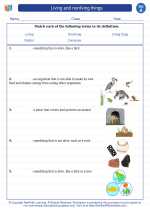The Amazing World of Cotton
Cotton is a soft, fluffy staple fiber that grows in a boll, or protective case, around the seeds of the cotton plants. It is one of the most widely used natural fibers in the world and has been cultivated for thousands of years for its versatility and usefulness.
Types of Cotton
- Upland Cotton: This is the most common type of cotton and accounts for about 90% of the world's cotton production. It has relatively short fibers and is used for a wide range of products, from clothing to bed linens.
- Pima Cotton: Also known as extra-long staple (ELS) cotton, Pima cotton has longer fibers, making it softer and more luxurious. It is often used in high-end clothing and linens.
- Organic Cotton: Grown without the use of synthetic pesticides and fertilizers, organic cotton is environmentally friendly and sustainable.
Uses of Cotton
Cotton is used in a variety of products, including:
- Clothing
- Bedding and linens
- Towels
- Medical supplies
- Industrial products (such as tents and tarpaulins)
Life Cycle of Cotton
The life cycle of cotton begins with planting the seeds in the spring. The plants grow and produce flowers, which then develop into cotton bolls. Once the bolls mature, they are harvested, and the cotton fibers are separated from the seeds. The fibers are then cleaned, spun into yarn, and woven or knitted into fabric, which is used to make various products.
Interesting Facts about Cotton
- Cotton is hypoallergenic and does not irritate the skin.
- It is a breathable fabric, making it comfortable to wear in hot and humid climates.
- Cotton is biodegradable, which means it can be easily recycled and is environmentally friendly.
Study Guide
Here are some key points to remember about cotton:
- What are the two most common types of cotton?
- What is the difference between upland cotton and Pima cotton?
- Why is organic cotton considered environmentally friendly?
- List at least three products made from cotton.
- Describe the life cycle of cotton, from planting to the production of cotton fabric.
- What are some unique characteristics of cotton that make it a popular choice for clothing?
By understanding the different types of cotton, its uses, and its life cycle, you can appreciate the importance of this remarkable natural fiber in our everyday lives.
.◂Science Worksheets and Study Guides First Grade. Living and nonliving things
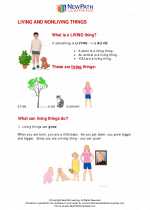
 Activity Lesson
Activity Lesson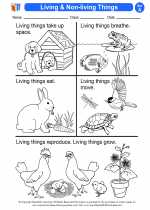
 Worksheet/Answer key
Worksheet/Answer key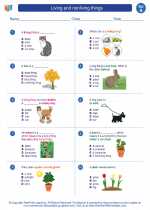
 Worksheet/Answer key
Worksheet/Answer key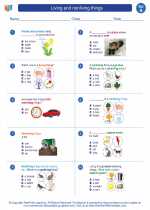
 Worksheet/Answer key
Worksheet/Answer key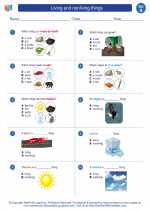
 Worksheet/Answer key
Worksheet/Answer key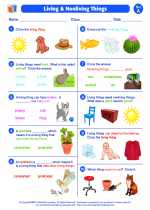
 Vocabulary/Answer key
Vocabulary/Answer key